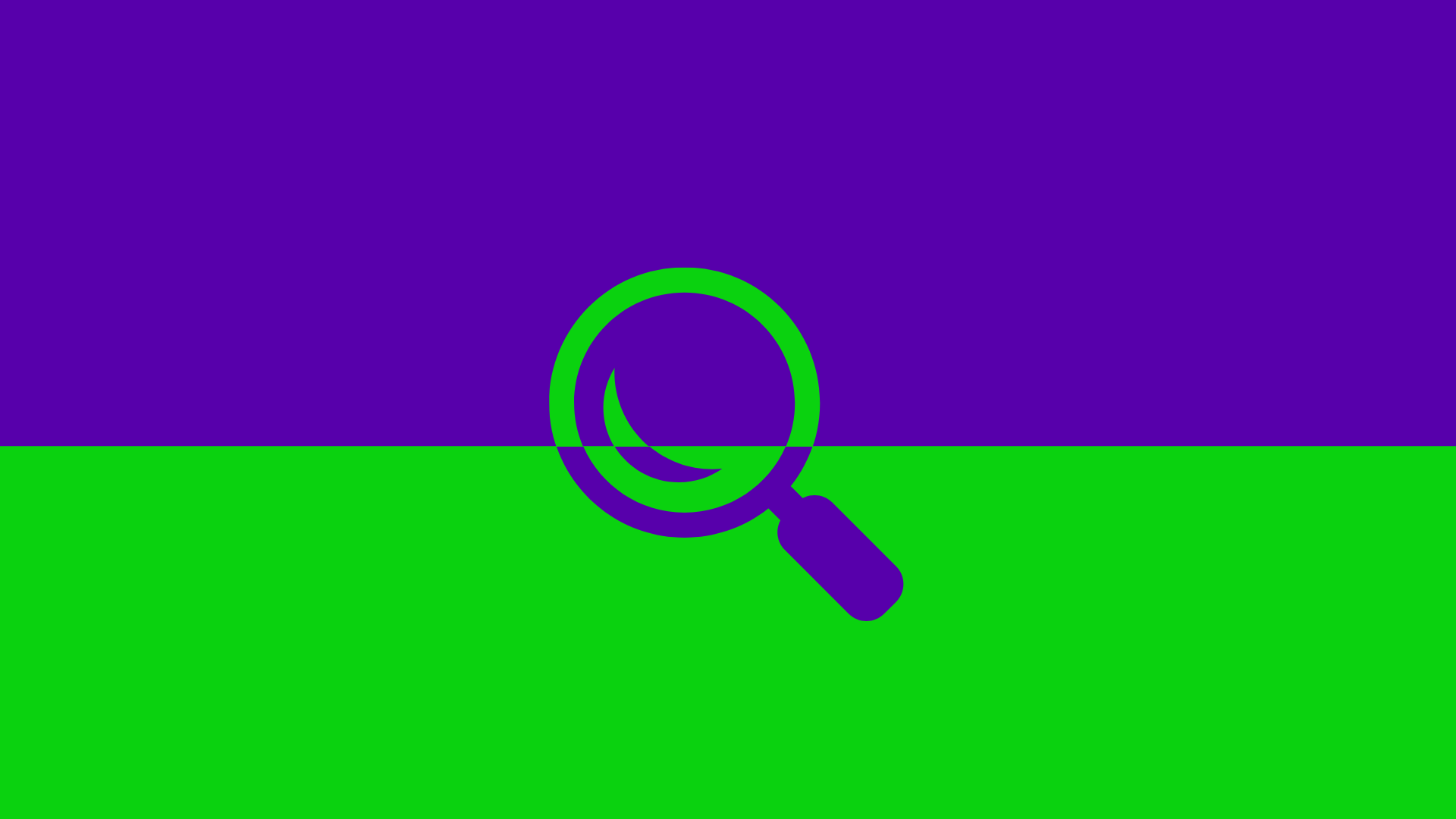France-based startup Mistral AI has added a new proprietary large language model (LLM) to an increasingly crowded AI market — claiming its new Mistral Large can give several major competitors a run for their money.
In a Feb. 26 post, the Paris-based firm noted that Mistral Large outperformed several notable LLMs except for GPT-4 in a “multitask language understanding” test and performed strongly in several math and coding tests.
However, Mistral Large’s performance wasn’t compared against the likes of xAI’s Grok and Google’s Gemini Ultra, which were released last November and in early February, respectively. Cointelegraph reached out to Mistral AI for comment
Guillaume Lample, a founder and chief scientist at the firm, claims Mistral Large is “vastly superior” to Mistral AI’s earlier models. Mistral AI also introduced “Le Chat” — an AI chat interface on top of its models — similar to how ChatGPT is built on GPT-3.5 and GPT-4.
Today, we are releasing Mistral Large, our latest model. Mistral Large is vastly superior to Mistral Medium, handles 32k tokens of context, and is natively fluent in English, French, Spanish, German, and Italian.
We have also updated Mistral Small on our API to a model that is… pic.twitter.com/MO4m6UIJUV— Guillaume Lample (@GuillaumeLample) February 26, 2024
The firm, which received $487 million in funding in December from the likes of Nvidia, Salesforce and Andreessen Horowitz, noted that Mistral Large knows more than 20,000 words in English and is also fluent in French, Spanish, German and Italian.
While Mistral AI’s first model was released under an open-source license, Mistral Large is a closed, proprietary model, similar to the latest LLMs released by OpenAI, leading to disappointment from some observers on X.
While third-party AI chatbot ranking platforms like Chatbot Arena haven’t assessed Mistral Large, its earlier model Mistral Medium ranks sixth among a list of over 60 LLMs.
Chatbot Arena’s thousands of pairwise ratings are crunched through a Bradley-Terry model, which uses random sampling to produce an “Elo” rating, estimating which model is most likely to win in direct competition against another model.
The firm also recently announced its partnership with Microsoft, which will make Mistral Large accessible on Azure AI Studio and Azure Machine Learning.
We’re announcing a multi-year partnership with @MistralAI, as we build on our commitment to offer customers the best choice of open and foundation models on Azure. https://t.co/k1L7lfFeES— Satya Nadella (@satyanadella) February 26, 2024
“Microsoft’s trust in our model is a step forward in our journey,” Mistral AI said of its commercial-focused LLM.
Mistral Large will tap into Azure’s “supercomputing infrastructure” for training and scaling purposes, while the two firms will also collaborate on AI research and development according to a Feb. 26 statement by Eric Boyd, corporate vice president of Microsoft’s Azure AI Platform.
Related: Elon Musk launches AI chatbot ‘Grok,’ says it can outperform ChatGPT
Mistral Large costs $8 per one million tokens of input and $24 per million tokens of output, making it only slightly cheaper than GPT-4 Turbo at $10 and $30, respectively.
Mistral was valued at nearly $2 billion last December, according to Bloomberg.
Magazine: Hall of Flame: Peter McCormack’s Twitter regrets — ‘I can feel myself being a dick’

